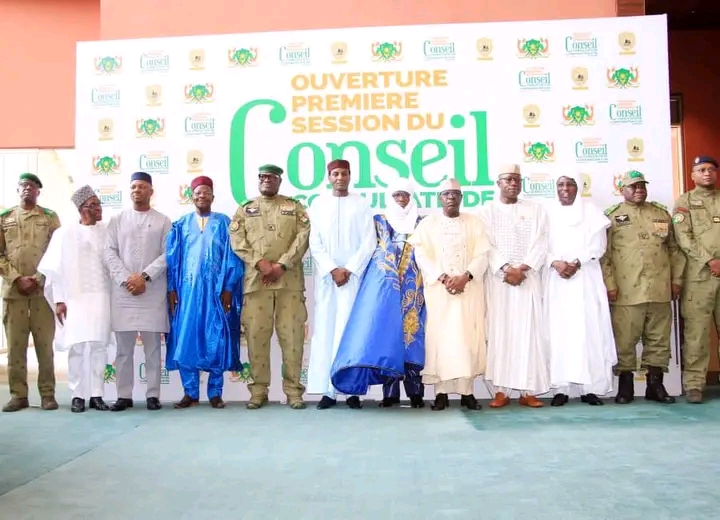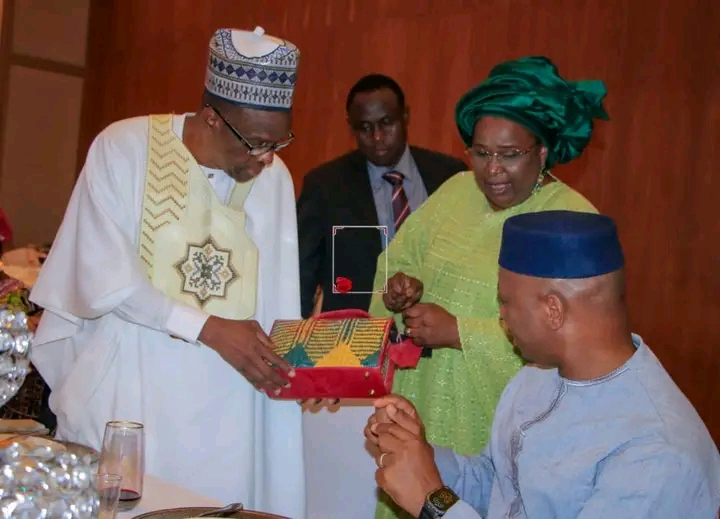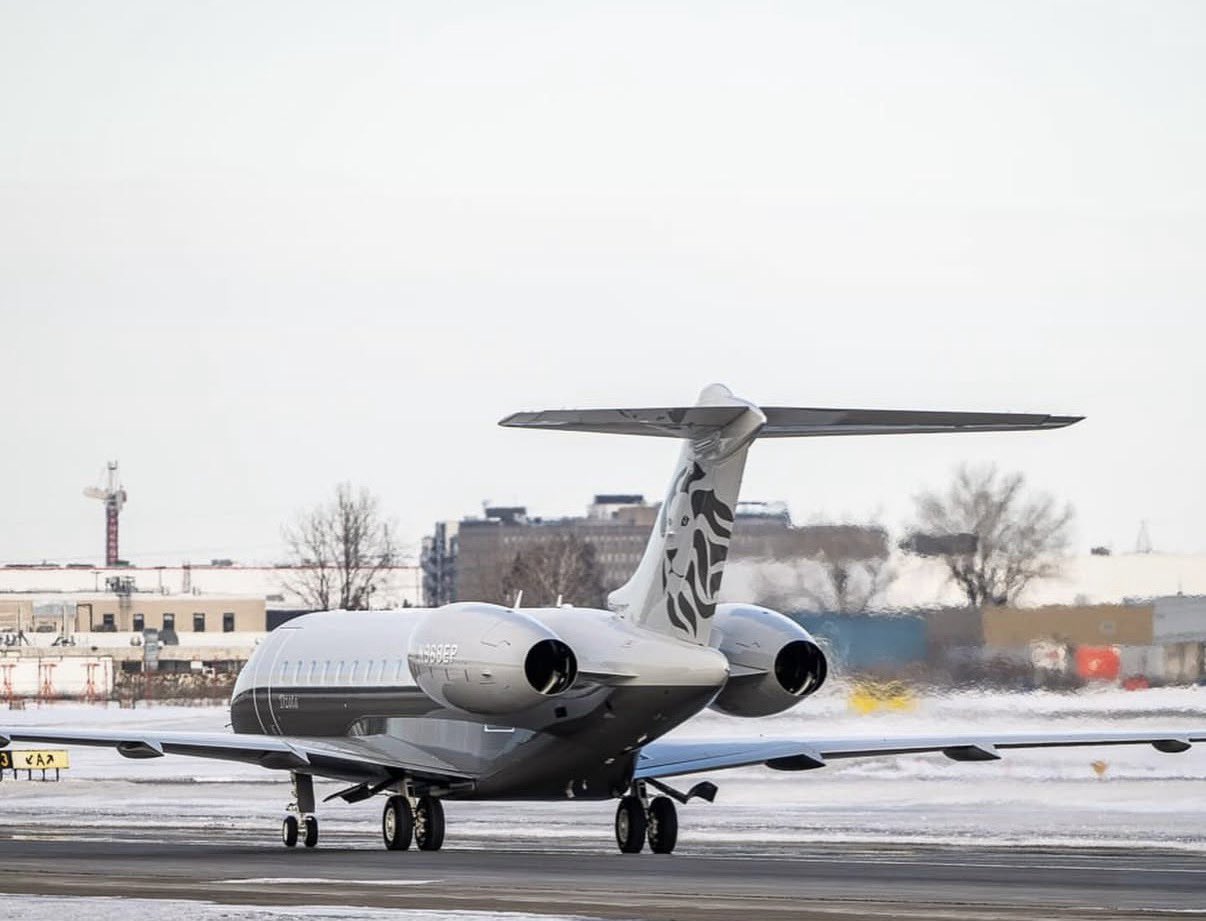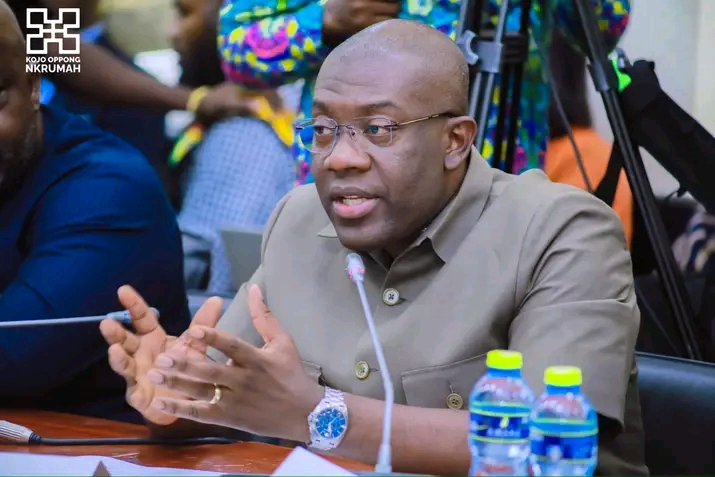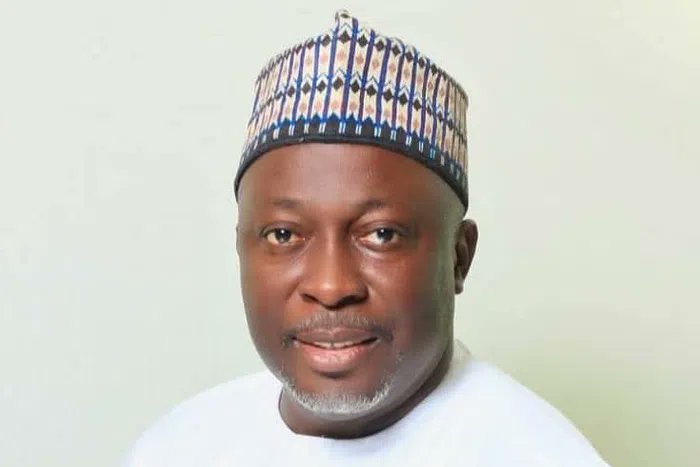Credit: Kekeli K. Blamey
The Speaker of the Parliament of Ghana, Rt. Hon. Alban Sumana Kingsford Bagbin, has emphasized the importance of regional collaboration and shared democratic learning as a means of strengthening governance and institutional development across West Africa.
Speaking during the official inauguration of Niger’s Conseil Consultatif de la Refondation (Consultative Council for Rebuilding Niger), Mr. Bagbin highlighted Ghana’s ongoing constitutional review as a model of inclusive reform, and encouraged Niger’s transitional authorities to engage with the process as they navigate their own path toward political stability.
“Ghana’s experience demonstrates that meaningful and sustainable governance reforms are best achieved through national dialogue, civic inclusion, and broad consensus,” Mr. Bagbin said.
“Our current constitutional review process reflects these principles and may offer useful insights for Niger’s own institutional restructuring efforts.”
Ghana, under the leadership of H.E. President John Dramani Mahama, is undertaking a comprehensive review of the 1992 Constitution. The initiative seeks to address the over-centralization of executive power, enhance institutional checks and balances, and deepen citizen engagement in democratic processes.
Mr. Bagbin encouraged Niger’s newly established Consultative Council to consider participating in Ghana’s review process by observing sessions of the Constitutional Review Committee and exploring avenues for inter-country exchange of ideas.
He further underscored the significance of cross-national cooperation among African nations undergoing democratic transitions, noting that Ghana’s democratic gains have been built over decades of reform, public engagement, and political dialogue.
Referencing Niger’s recent national dialogue and the establishment of its Consultative Council, the Speaker commended the country’s efforts to foster national unity and legitimacy through participatory governance.
“This process is a clear demonstration that democratic legitimacy is achieved through inclusivity and the recognition of diverse voices within the national discourse,” he remarked.
Mr. Bagbin also acknowledged the shared challenges confronting West African states, including youth unemployment, environmental threats, and regional security concerns, and called for collective strategies to address them.
“As neighbouring countries within the ECOWAS region, Ghana and Niger face similar development challenges. Our strength lies in solidarity, mutual respect, and the willingness to learn from one another’s experiences,” he concluded.
The Speaker’s remarks form part of Ghana’s broader commitment to promoting democratic governance, peacebuilding, and institutional reform within the West African sub-region—core pillars of its foreign policy agenda under President Mahama’s administration.
